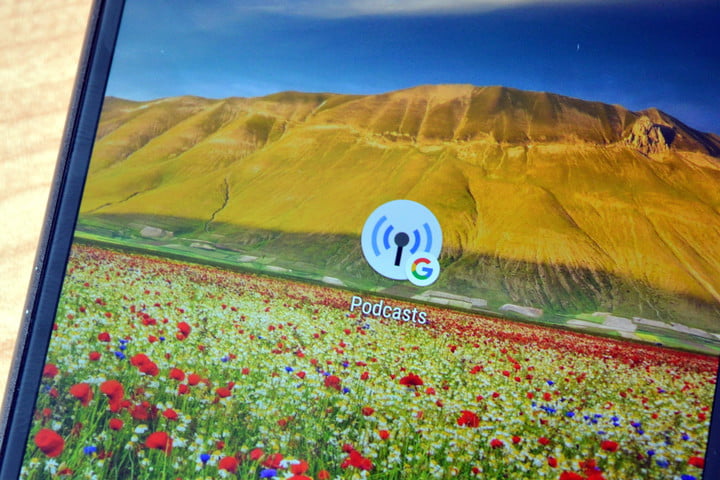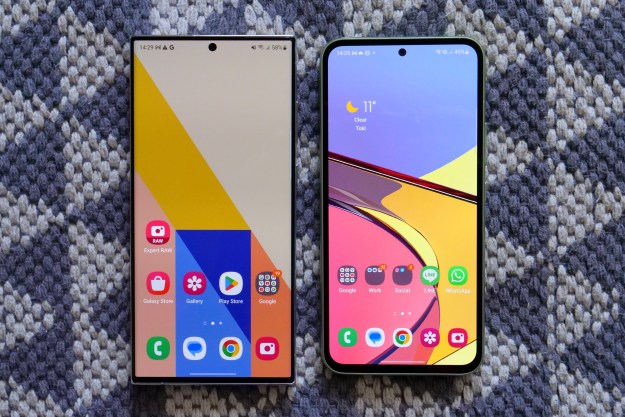
Google is quietly making changes across its products and services to make it easier to discover and listen to podcasts. The tech giant wants to double the number of podcast listeners worldwide, according to Pacific Content.
While Google’s goal sounds lofty, it’s not unrealistic. The majority of people who listen to podcasts use an iPhone, leaving a huge market of Android users largely untapped. Sure, there are some excellent third-party podcast apps for Android, but the process is nowhere near as seamless as using the Podcast app that comes as a default iOS app on every iPhone.
Google’s Podcast Product Manager Zack Reneau-Wedeen told Pacific Content, “It’s largely going to be new people, and we’re really excited about what opportunities it will create if we can help bring them into the fold. Within our team, we think it’s an ambitious but achievable goal to have that population constitute a doubling of the industry size.”
Although a few quick fixes would automatically bring more Android users into the podcast fold — and there’s a world of great content out there — Google’s podcast team is developing long-term strategies that completely rethinks how we find, and listen to, podcasts.
A real Google Podcast app
It’s finally happening. It appears that we will be graced with a standalone podcast application from Google in the near future. While Google has been creating a separate podcast client in the existing Google app (more on that below), this is the first time that we’re actually seeing evidence of a real application akin to the iOS Podcasts app that allows you to download and stream on-demand radio on your Android.
As initially reported by 9to5google, a snippet of code found in version 8.7 of the Google app shows an as of yet inactive prompt that tells users to “Get the Google Podcasts app.” Though it’s not yet live, when the app does make its debut, it should be available on the Google Play Store at this link. And we haveve reason to believe that the logo will look something like the below.

Google is now your podcast app
Android users can also listen to podcasts directly in the Chrome app or Google Assistant. When searching for a podcast by name, you will see a list of recent episodes that you can listen to in the search results.
From the same search, you can also click on the actual podcast to learn more about it or add it to your library by subscribing. Some public radio podcasts also feature an option to donate. Reneau-Wedeen said the donate button, as well as other monetization features, may be opened up to all podcast creators in the future.
The primary benefit of using Google as your podcast play is its ability to sync between devices. If you’re listening to a podcast during your commute, you can simply ask your Google Home to resume where you left off once you get home.
There is also a dedicated podcast app for Android
While Google has supported podcasts in its Google Play Music store for a few years, the process was not intuitive. In March, the company rolled out a new web app for podcasts. The web app works much like you would expect: You can discover and listen to podcasts within the app and Google will offer suggested podcasts based on your current suggestions.
Since Google’s Podcast app is web-based, it’s not listed in the Play Store. To use the app, you must search for a podcast and subscribe; you will then be asked if you want to add the Podcast shortcut to the come screen. It’s definitely not the easiest way to access the app, however, Reneau-Wedeen hinted the app may be easier to access in the future.
Podcasts will become ‘first-class citizens’
In addition to making podcasts easier to listen to on Android phones, Google also wants to change the way we discover new podcasts. The tech giant plans to integrate podcasts into Google Search and Google Assistant, making them “first-class citizens” alongside text and video results.
While you can currently search for podcasts by name, Google wants to contextually integrate podcasts into every Google search. For example, if you searched for information about the Watergate scandal, Slate’s Slow Burn podcast would appear in your search results. While this isn’t a reality just yet, Google’s Podcast team plans to use metadata from podcasts to create contextual links that would help you find podcasts relevant to your searches.
Although the change sounds relatively minor, it could have a profound effect on the way we listen to podcasts. Currently. most people subscribe to individual podcasts that interest them and listen to each new episode; while that model creates loyal listeners, it doesn’t help with discovering new podcasts. When podcasts become part of standard Google searches, it will be easy to listen to individual episodes from a diverse group of content creators.
Updated on June 9: Included information about the upcoming Android Podcasts app
Editors' Recommendations
- Google Messages vs. Samsung Messages: Which app should you use?
- The 10 best apps for your 2024 New Year’s resolutions
- Google is killing another one of its popular apps, and it’s a big one
- One of the biggest podcast apps is shutting down in August
- Google might kill its best Pixel smartphone next year




